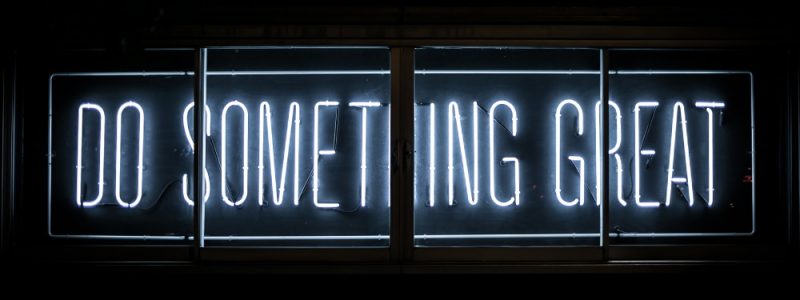This is the “first” post of a series about Personal Branding for Technical Public Speakers.
I used “first” inside quotation marks because I already wrote some posts in the past on the topic, directly or indirectly:
- Help people connecting with you on LinkedIn
- Download my Free E-Book
- Publishing “Effective” Presentations on Slideshare
Of course, the post Public Speaking when the Stakes are High! can be considered a post pertaining to the topic as well.
But now, I want to start a series about the Personal Branding topic because most of the time the question I receive are “how can I be invited or selected to speak at that particular conference?”, “I sent a lot of CFPs, but I was never accepted”, and so on.
I like this definition from Wikipedia: “Your brand is a perception or emotion, maintained by somebody other than you, that describes the total experience of having a relationship with you.”
If you want to obtain specific results, you need to work on your Personal Brand. In the next weeks, we’ll be seeing some useful tips to shape your Personal Brand. I’m also giving a session at the upcoming Codemotion Rome in June (if the Covid19 lockdown is withdrawn) on the topic, and this series of posts will help me with the preparation.
Why should you be a Brand?
Everybody is a Brand, a good one, a bad one, or a neutral one, and the perception could be different in various people, precisely like for “real” brands.
Having a good brand helps you in your job, but sometimes in your personal life as well. I can remember dozens of times where I was introduced to a new customer, and they said: “I know him, he’s Genio Del Male” (my blog/twitter alias, which in Italian means “evil genius”).
Most of the time, it was easier for me to convince my customers because of my brand. Of course, you should keep working on it because a brand can also become a memory of an ancient past. I have a lot of colleagues that worked with me as Evangelists for Microsoft and were well known in the market, and now people barely remember them. On the other hand, others are still relevant today because they continued to work on their brand, or their brand was so strong that live years after they changed their job.
“I have a strong brand in my network. Why should I work to increase my online brand?”
This is one of the questions that I often receive, and the answer is trivial. People like to search for your name before meeting you. And if you aren’t there, a perception problem might arise. How could you be one of the best in your job if nobody talks about you or, even worse, if they say bad things about you?
-Photo by Clark Tibbs on Unsplash

